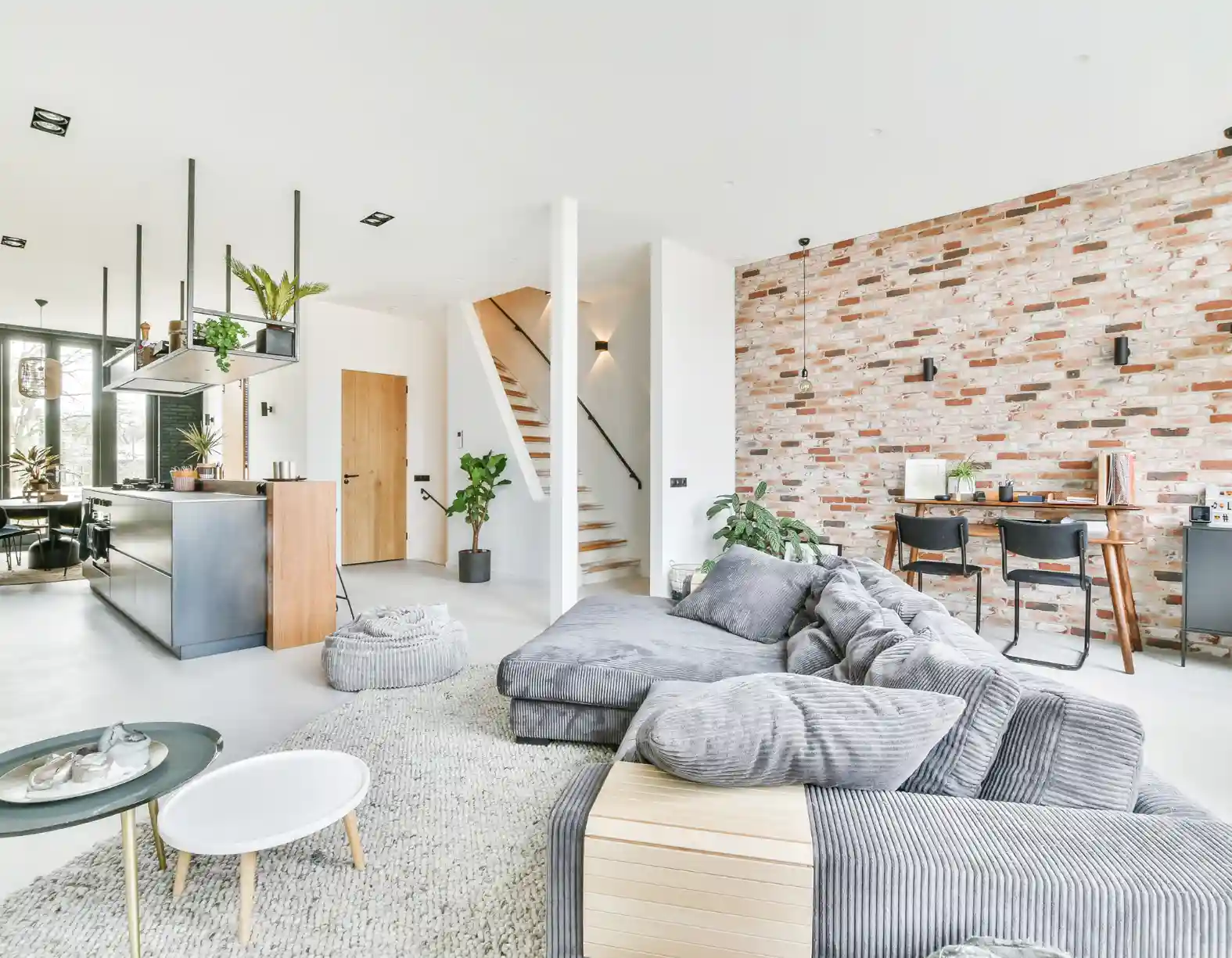How Technology Is effecting the Serviced Apartments
Serviced Apartments and aparthotels are becoming different from traditionally serviced accommodations. In this blog, we’ll reveal the latest systems used in serviced apartments.
Technology is so integrated into our lives that we don’t think about it, and we have become dependent on it even more after the start of the pandemic. We are connected to the rest of the work through technology during the lockdowns. Several industries such as travel and serviced accommodation adopted new technological advancements to automate many of their tasks to reduce communication and provide convenience to guests.
Below are a few ways in which the travel and holiday industry is changing.
Disruptive Changes in the Travel Industry
The Global Short-Term Rental Tech Report 2020 from a channel manager and technology solution provider for the short-term rental industry Rentals United, says that it is common for professional property managers to automate certain operations. These operations are related to distribution, marketing, communication with guests, revenue management, etc. The report findings are based on surveys conducted with almost 1000 professionals from the industry. Showing core areas in which property managers are using advanced technologies. For example, channel management, payment providers, accounting tools, and keyless entry solutions.
Technology innovation will grow at a pace and the short-term rentals industry will see more third-party providers. Technology companies will enter the market to provide solutions and strengthen them in the new decade. Business travellers will also take advantage of accommodation offers because technology companies will deliver an immediate response to requests for accommodations.

Adapting to Change in Workplaces
In the recent instalment of COVID-19, more companies are ready to transition back to their offices and workplaces. Due to the changes in the safety protocols and health, digitalized and touchless experiences such as using mobile access and ordering things online will lead to forming new standards for offices. The convenience of working from home will become normal and employers will adopt it for the long term.
With more time to spend in homes to work remotely and attend meetings, people will feel convenient and comfortable working from serviced apartments. Through the adoption of new technologies and hybrid work models, people will travel more but still be present for office meetings, assignments, and tasks.

Digitalized Locking System in Serviced Apartments
The use of digital access control is already widely used in companies, public institutions, and hotels. But more and more short-term rentals and private short lettings are adopting keyless access. Many short lettings are unattended and guests arrive and leave the residence without even meeting the host. Convenient keys are replaced by digital locking mediums such as transponders and cards that can be activated or deactivated by hosts remotely. We applied some of these technologies in Jesmond Hotel in Newcastle.
Holiday let owners also benefit from using access control technology. For example, the credentials or cards can be left outside the apartments or aparthotel with no need to pick up immediately after the guests have left. The operator or owner configures access to the property with a few clicks and the transponder only works for a specific time when guests are staying in a serviced apartment or aprthotel.

Smartphones and Application Technology
With the rise of smartphones and NFC, hotels or short let managers use smartphones and tablets to allow the guests to open the doors especially if they are locked out without a key or access tool. Smart apps can receive notifications to provide greater security and push notifications if a door is open for too long. Depending on settings and features, hosts and guests can monitor the door and use the technology to access the house or apartment.
You will also see traditional locking systems with cylinders with a numerical keypad, which the guests can use to open the door even if no key or smartphone is available to open it. However, the features can be turned on or off according to requirements or changed for security purposes.
Demand for Greater Operational Efficiency
The Premier Connected Home Conference addresses consumer demands such as connected homes by bringing together industry leaders to discuss business strategies and ecosystems. The conference says that about 34% of U.S. broadband households have a smart device. The owners of short-term rentals see a high potential in attracting new customers by showing the availability of advanced connectivity technology. Travellers demand a high level of digital functionality and automation throughout their journey.
Not having at least “basic” smart home tech in place in aparthotel such as keyless entry and centralized thermostat heating sets a bad impression and distracts off new footings. Many guests will not be looking for all the technologies and smart devices they have in their homes but they expect some sort of solutions that can help them enjoy their vacations such as connected lighting, security, entertainment systems, etc.
Similarly, property managers are quick to recognize the operational benefits of having the right technology in place. A good example is a digital HVAC system that can provide analytical information about its overuse or damages. This can help property managers increase productivity and drive efficiency by checking for any water leakages, monitoring the light sensors, and protecting their assets.

The COVID Effect on Serviced Apartments
COVID shifted travellers are less interested in urban markets and want to move to beachside and mountain short lets which are enjoying significant growth as a result. Many travellers will return to the urban markets but some will keep looking for new locations so property managers need to quickly capitalize on these new travellers’ demands.
Property managers need to find qualified staff who can learn and adapt to new technologies to operate more efficiently to run back-end processes remotely. Travellers are using smart technologies such as online booking platforms to do bookings back-to-back for short-term rentals. High-end hotels are already using keyless check-ins and automated temperature systems for a decade, and they are moving to even newer tech-enabled categories such as using RFID to provide services.

Conclusion
Short-term rentals have a special relationship with their guests in the hospitality sector, and by adopting new smart technologies the guest experience can further be enhanced. Technology will not solve everything but it can help automate many tasks, giving free time to hosts and property managers to spend on more precious resources. As the serviced accommodation industry thrives the demand for new technological systems will increase.
Visit Luke Stays, to know about advanced technologies in property management and serviced apartments.



